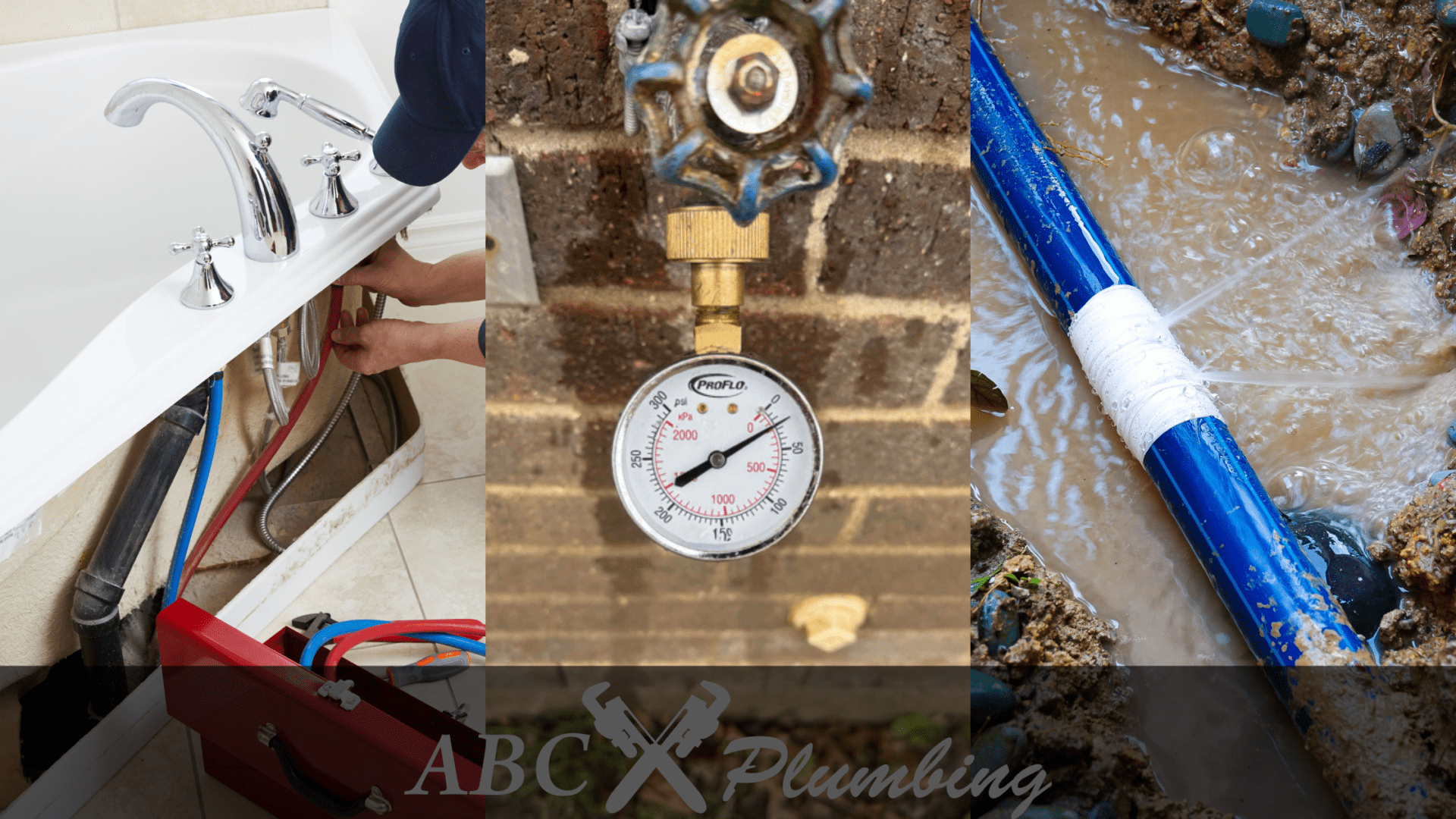Everything You Need to Know About Fresh Water Lines

Fresh water lines (also known as potable water lines) are an essential part of any plumbing system, providing clean, drinkable water to homes and businesses. Whether you’re a homeowner, contractor, or simply someone interested in understanding how water reaches your tap, this guide will walk you through the essentials of fresh water lines—also commonly referred to as clean or potable water lines.
WHAT ARE FRESH WATER LINES?
Fresh water lines are pipes designed to transport drinkable water from municipal water systems, wells, or other clean sources to homes, businesses, and public facilities. These lines must meet strict health and safety standards to ensure the water remains free from contaminants.
COMMON MATERIALS USED IN FRESH WATER LINES
Each material used in fresh water piping has unique benefits depending on the application:
- Copper – Durable and corrosion-resistant, copper is a long-standing favorite, though often more expensive.
- PEX (Cross-linked Polyethylene) – Flexible, easy to install, and resistant to scale and chlorine, PEX is widely used in modern plumbing.
- PVC (Polyvinyl Chloride) – Common in cold water applications due to its affordability and ease of installation, but not suitable for hot water lines.
- CPVC (Chlorinated Polyvinyl Chloride) – Similar to PVC but capable of handling both hot and cold water.
- Galvanized Steel – Once a go-to option, galvanized steel is now rarely used due to corrosion concerns over time.
INSTALLATION CONSIDERATIONS
Proper installation of fresh water lines is crucial for system performance and water quality. Key considerations include:
- Pipe Sizing – Ensuring the proper diameter maintains optimal water pressure.
- Slope and Drainage – Adequate slope prevents stagnant water and microbial buildup.
- Freeze Protection – In colder climates, pipes should be insulated or buried below the frost line.
- Backflow Prevention – Check valves and backflow devices prevent contaminated water from reversing into the clean supply.
COMMON ISSUES WITH FRESH WATER LINES
Over time, fresh water lines may develop issues that impact performance or water safety:
- Leaks – Caused by corrosion, shifting ground, or poor installation.
- Low Water Pressure – May result from blockages, leaks, or improperly sized pipes.
- Discoloration or Odor – Could indicate rust, bacteria, or problems with the source water.
HOW TO MAINTAIN YOUR FRESH WATER LINES
Routine maintenance helps extend the life of your water lines and ensures continued access to safe, clean water:
- Regular Inspections – Look for visible leaks, corrosion, or pipe damage.
- System Flushing – Flush rarely-used lines to prevent stagnation.
- Water Quality Testing – Periodic testing ensures your water is free of contaminants.
- Pipe Replacement – Upgrade aging or outdated pipes to safer, more efficient materials.
LEARN MORE ABOUT OUR FRESH WATER LINE SERVICES
Want to explore your options for fresh water line repair, installation, or upgrades? Click here to learn more about our professional plumbing services.
CONTACT US YOUR PLUMBING PROFESSIONALS TODAY
Whether you’re dealing with a water leak emergency, low water pressure, an old plumbing system, or are planning a remodel, our licensed plumbers at ABC Plumbing are ready to help. We offer expert diagnosis, free onsite estimates, and top-quality workmanship.
📞 Call us at (817) 427-3222 or contact us here to schedule a free onsite estimate or request service today – even in the event of an emergency, give us a call, we will be there for you!
